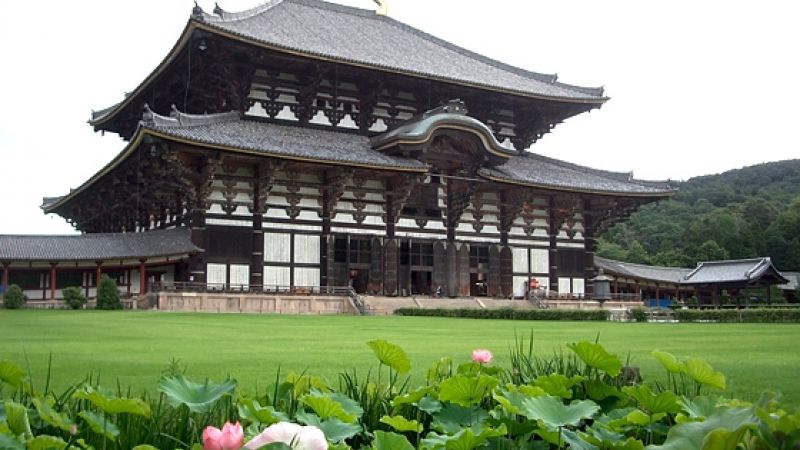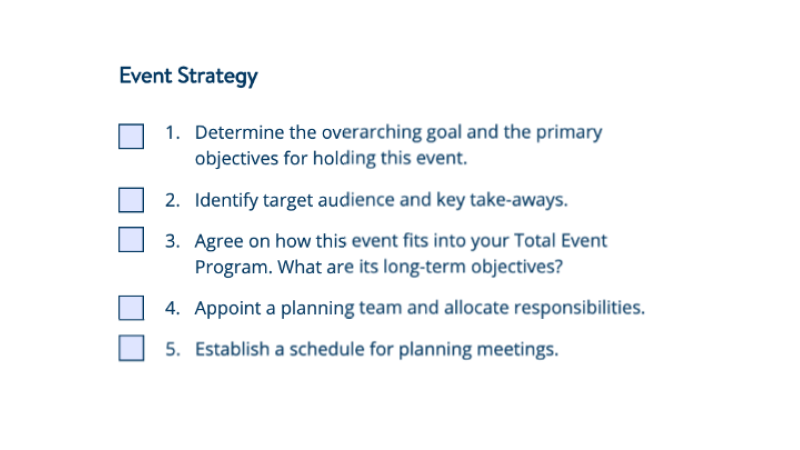The city of Nara, in the northern part of Nara Prefecture, was the first permanent capital of Japan and is home to eight UNESCO World Heritage Sites. Second only to Kyoto as a repository of Japan’s culture, Nara houses some of the country’s best shrines, museums, gardens and traditional neighborhoods. Some of the must visit sites in the prefecture’s ancient capital includes the famous Daibutsu (Great Buddha) at Todai-ji Temple, Kasuga-Taisha Shrine and Nara-koen Park.
Daibutsu is one of Japan’s most impressive sights. The vast grandeur of this 16-meter-tall magnificent statue of Buddha, housed in Tōdai-ji temple, never fails to amaze. Tōdai-ji is not just Nara’s top attraction but also one of the country’s must-visit attractions. Tōdai-ji presides over Nara-kōen, a scenic park that comprises other awe-inspiring and moving sights. The temple is a World Heritage Site that has other structures in its complex, including the Nandai-mon Gate – a large wooden gate that lies a few hundred meters east of Daibutsu-den.
Another famous UNESCO World Heritage Site is the Kasuga-Taisha Shrine. It is the most important shrine in Nara and was founded in the 8th century. Located at the foot of deeply forested hills, the pathways to the shrine are lined with hundreds of lanterns that are illuminated during the bi-annual Mantōrō lantern festivals. Kasuga-Taisha Shrine also has several sub-shrines around its main hall.
Visitors can also enjoy a calm and relaxing stroll in Nara’s best garden, Isui-en Garden. The garden is conveniently located near train stations and offers plenty of blooming flowers and a scenic pond. The tranquil garden was designed in the Edo period, while the back garden was designed in the Meiji era. It is indisputably the best way to start your visit to Nara.
Nara's hotels are unique and plentiful, including Nara Centennial Hall, which has a large exterior patio, a cafe, and three halls that can accommodate up to 1,720, 440 and 100 persons, respectively. Unique places in this former capital include New Wakasa, a traditional Japanese ryokan hotel with baths, a restaurant, and a terrace for events that overlooks the Todai-ji Temple. At the base of Mount Wakakusa is Nara Kasugano International Forum, which has four meeting rooms, eight conference rooms, one for more than 200 persons, a reception area for 500, and a theater, also for 500, that puts on classical Japanese productions. Nara National Museum houses priceless antiquities from the city’s fabled history, including galleries of sculptures and bronzes, and East and West wings with space for events and, in the gardens, a tea house by a pond.
Learn more about Nara here.





